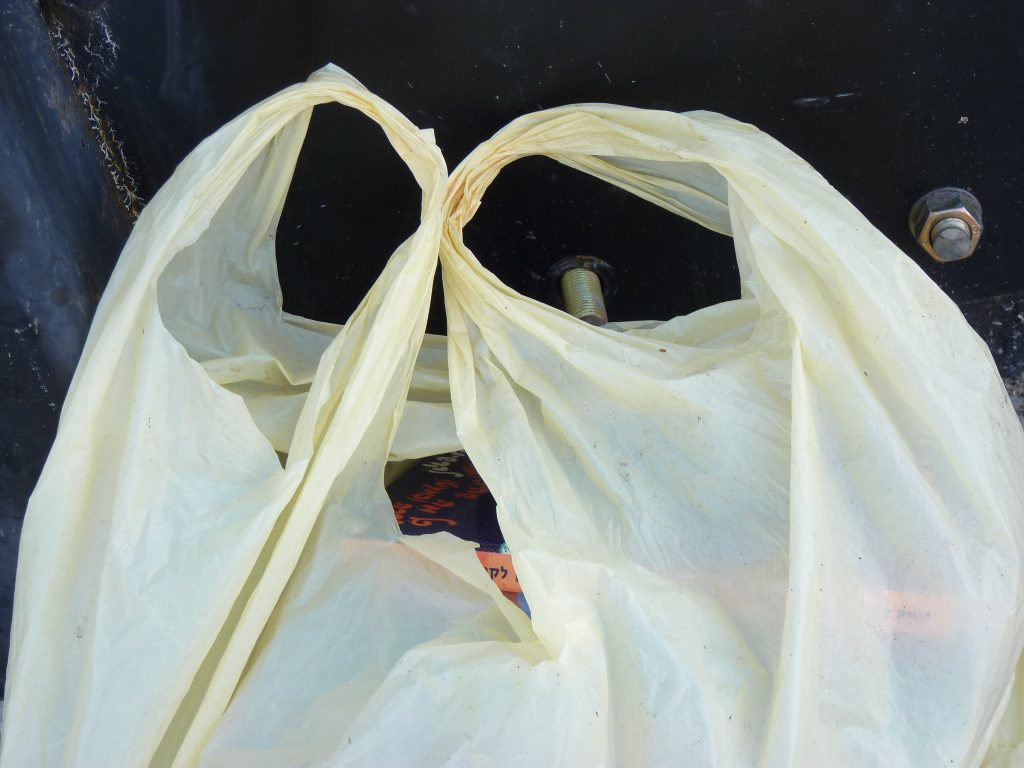New Jersey’s legislature passed the nation’s most stringent ban on single-use plastic bags and Styrofoam food containers Thursday, sending the bill to the desk of Gov. Phil Murphy for his potential signature.
The action led environmental groups to celebrate, but also raised concern among some people about the potential health concerns on re-using self-supplied bags during the coronavirus pandemic, as well as its affect on restaurants that are relying on takeout orders. The bill passed the Assembly with a vote of 48-24-7 and the Senate concurred with a vote of 26-12. It is now awaiting a signature or veto from Murphy.
The bill prohibits the provision or sale of single-use plastic carryout bags, single-use paper carryout bags, and expanded polystyrene foam food service products. It also limits provision of single-use plastic straws and appropriates moneys from the Clean Communities Program Fund for public education. Unlike some states and municipalities that have placed taxes on plastic bags, the New Jersey bill completely bans them.
|
|
“This is a major environmental victory in our battle against plastics,” said Jeff Tittel, Director of the New Jersey Sierra Club. “This bill will help protect our rivers and streams from plastic that not only hurts the environment but also endangers our wildlife and public health.”
Tittel said in an e-mail that plastic bags “have been known to clog storm drains and fill up detention basins, affecting our water quality,” and can entangle bird species.
The bill would prohibit the use of single-use plastic carryout bags and paper bags in stores and food service businesses, and would ban food service businesses from offering single-use plastic straws. It would also ban the sale of polystyrene and would prohibit food service businesses from selling or providing food packaged in polystyrene containers.
Tittel suggested consumers move to hemp-made bags and similar products.
The New Jersey Food Council has long opposed the ban, buoyed by concerns over the pandemic.
“These same tone-deaf lobbyists also have no sympathy for those facing financial hardship as a result of the pandemic,” the NJFC said in a statement issued this spring, citing statistics about the cleanliness of reusing bags.
Only about 3% of shoppers actually clean their reusable bags, research has shown, and a study in the New England Journal of Medicine showed that COVID-19 can survive on plastic surfaces up to 3 days. Store employees staffing the checkout lines and interacting with customers “simply do not want to touch a customer’s reusable bags in fear that these bags are harboring the invisible COVID-19 virus,” the council’s statement went on to say.

Advertisement

Police, Fire & Courts
Grand Jury Indicts Point Pleasant Man, Once a Fugitive, for Attempted Murder









